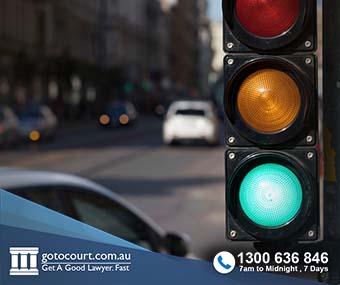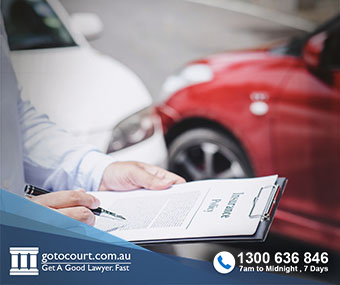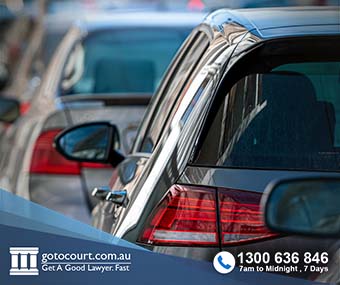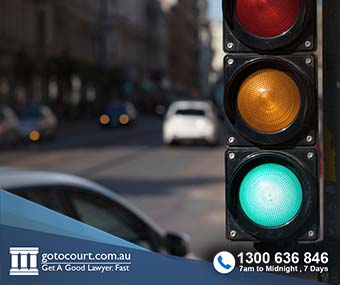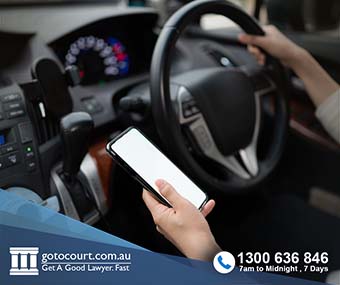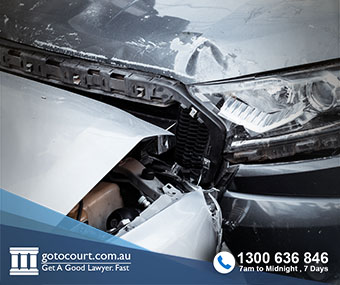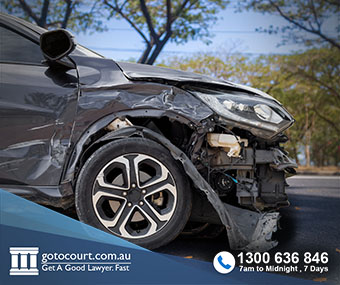Call our lawyers
now
or,
have our lawyers
call you
Motor Vehicle Accident Compensation (WA)
Updated on Nov 03, 2022 • 5 min read • 477 views • Copy Link
Motor Vehicle Accident Compensation (WA)
If you are involved in a car accident, and you suffer damage, you may be entitled to a motor vehicle accident compensation claim under Compulsory Third-Party Insurance.
Compulsory Third-Party Insurance
Compulsory Third-Party Insurance is a compulsory scheme of insurance under which an insurance policy must be taken out in respect of any registered vehicle against liability for personal injury caused by or arising out of the use of motor vehicles.
Personal Injury includes any disease or injury sustained by an individual to his or her person for which another person is legally liable.
Compulsory Third-Party Insurance in Western Australia
All road users in Western Australia are required by law to have compulsory third-party insurance. When you pay for your vehicle registration, you also pay for compulsory third-party insurance.
In Western Australia, there is a ‘fault’ scheme and it covers several accident types, including:
- a driver injured in an accident where the other driver/vehicle was at fault;
- a passenger injured in an accident with another driver/vehicle;
- a passenger injured in a single-vehicle accident;
- a pedestrian hit by a vehicle;
- a cyclist hit by a vehicle or hitting an opening door of a vehicle;
- a motorcyclist hit by a vehicle;
- people injured but the driver/vehicle cannot be identified;
- a person who witnesses one of these accidents;
- the dependants of someone who dies in an accident.
Insurance Commission of WA
In Western Australia, the Insurance Commission of Western Australia (ICWA) is the only insurer that provides compulsory third-party insurance. The ICWA is a statutory corporation and Government Trading Enterprise owned by the Western Australian Government.
The ICWA is guided by the Insurance Commission of Western Australia Act 1986 and the Motor Vehicle (Third Party Insurance) Act 1943. The Insurance Commission of Western Australia Act 1986 provides for the constitution and functions of the ICWA, and the ICWA’s functions and powers are found at sections 6 and 7.
The purpose of the Motor Vehicle (Third Party Insurance) Act 1943 (WA) is to:
‘…require owners of motor vehicles whilst on a road, to be insured against liability in respect of deaths or bodily injuries directly caused by, or by the driving of, such motor vehicles, whether caused on or off a road, to make certain provisions in relation to such insurance and in relation to the awarding of damages in respect of such bodily injuries, and for other purposes’.
Who can claim compensation?
Generally speaking, a person can make a claim for motor vehicle accident compensation provided the accident and injuries suffered occurred no more than three years ago and the accident was wholly or partly someone else’s fault.
Where someone suffers from catastrophic injuries as a result of the accident, they may be able to claim regardless of fault.
Supporting evidence
The ICWA must first determine who was at fault and to make this determination, the ICWA gathers the following information:
- Online Crash Report Forms from the involved parties;
- Police Reports;
- Witness Statements from the involved parties or eyewitnesses; and
- The Claimant’s Claim Form.
The ICWA will advise the claimant in writing if they do or do not accept the claim. The ICWA can partially accept the claim. This may occur where the claimant is partially at fault for the motor vehicle accident.
Regardless of the outcome, the ICWA will provide a written explanation for its decision.
What can a person claim?
A motor vehicle accident compensation claim can include medical expenses including:
- ambulance services (emergency transport from the crash to the hospital);
- hospital services (emergency treatment at any public or private hospital);
- home nursing visits and care, and home support such as cleaning and gardening;
- medical services (visits to the general medical practitioner, specialist or pathology testing);
- medical imaging (including x-rays, CT.CAT scans, ultrasounds);
- medications prescribed and provided by the pharmacist;
- equipment (hire or purchase) that is required or recommended, included crutches;
- dental services for the restoration of any damaged or destroyed teeth;
- the replacement of medical aids, such as prescription glasses, mobility aids, hearing aids;
- rehabilitation services;
- therapy services, including psychological, physiotherapy, massage, podiatry, optometry, osteopathy, and chiropractic;
- cost of travel to and from appointments;
- loss of income or loss of earning capacity; and
- pain and suffering including loss of amenities of life, loss of enjoyment of life, decrease in duration of life and physical and/or mental harm.
What a person can claim depends on whether the accident was wholly or partly another driver’s fault, and the extent of the person’s injuries.
Pain and suffering
A person making a motor vehicle accident compensation claim may claim compensation for pain and suffering, also known as general damages. For a ‘pain and suffering’ claim to be successful, the claim must exceed $22,000. The maximum amount payable for pain and suffering is $425,000.
Payment of compensation
Generally, the claimant receives their motor vehicle accident compensation as a lump sum payment. The amount of the lump sum will depend on who was at fault, what the person is entitled to claim, and the damage the individual suffered.
Catastrophic Injuries Support Scheme
‘Catastrophic injuries’ includes spinal cord injuries, traumatic brain injuries, multiple amputations, severe burns and permanent traumatic blindness.
The Catastrophic Injuries Support scheme provides lifetime treatment, care and support for those who have been catastrophically injured in motor vehicle crashes in Western Australia, and who are unable to establish that the accident was caused by the other driver.
If you require legal advice or representation in a motor vehicle accident compensation matter or in any other legal matter please contact Go To Court Lawyers.

Affordable Lawyers
Our Go To Court Lawyers will assist you in all areas of law. We specialise in providing legal advice urgently – at the time when you need it most. If you need a lawyer right now, today, we can help you – no matter where you are in Australia.How It Works







1. You speak directly to a lawyer
When you call the Go To Court Legal Hotline, you will be connected directly to a lawyer, every time.


2. Get your legal situation assessed
We determine the best way forward in your legal matter, free of charge. If you want to go ahead and book a face-to-face appointment, we will connect you with a specialist in your local area.


3. We arrange everything as needed
If you want to go ahead and book a fact-to-face appointment, we will connect you with a specialist in your local area no matter where you are and even at very short notice.

